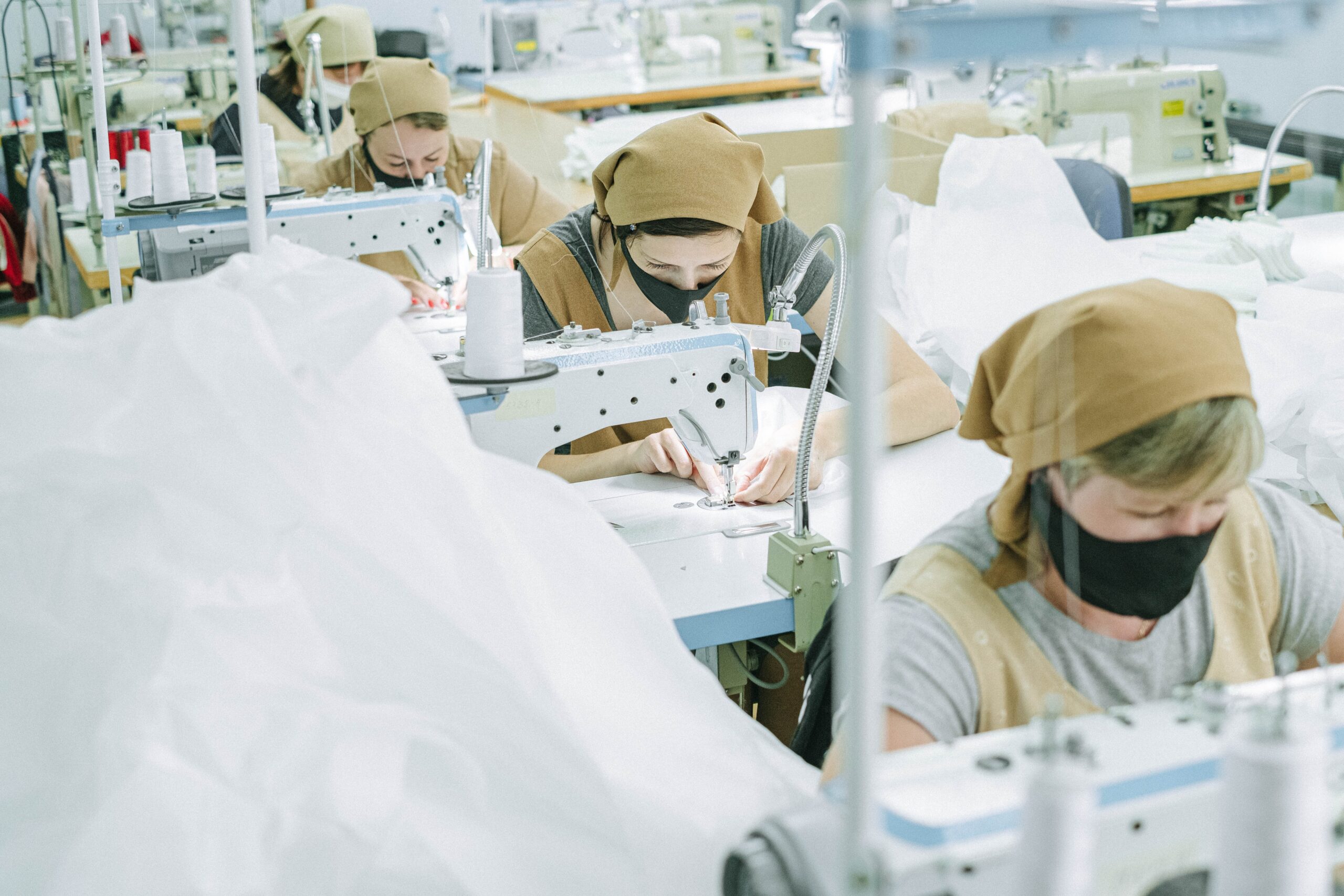NC State researchers work to make sure you know your purchases are made under fair labor practices

It’s one of those things most of us do – we buy clothing without knowing just what the conditions are in the factory where the item made.
But, if that information is right there for you to see, would it change your decision to purchase?
“We look for things like child labor, are they being paid for overtime, is the factory safe, does it have exits, does it have working toilets? You know, we take these things for granted in most of the places where we work,” said Robert Handfield.
He and his team of researchers at North Carolina State University are creating an index for consumers and companies that takes into account a list of fair labor practices.
Handfield believes if you influence consumer behavior then companies will also buy into the idea.
“We want to put the consumers in charge. We think there’s a lot of consumers out there especially a lot of younger people, millennials, that really care about where their clothing was produced,” he said.
It would give the buyer the information to make a decision and the power to feel better about how they spend their money.
The rating could be in the form of a color code or on a scale.
One study Handfield often refers to shows that for a factory in Bangladesh to pay a living wage the cost of an $8 t-shirt would only increase by 23 cents.
“Now would you be willing to pay 23 cents more for a t-shirt that allowed the worker to be paid a fair wage in a factory that had decent working conditions? I think most people would out there,” said Handfield.
- Categories: